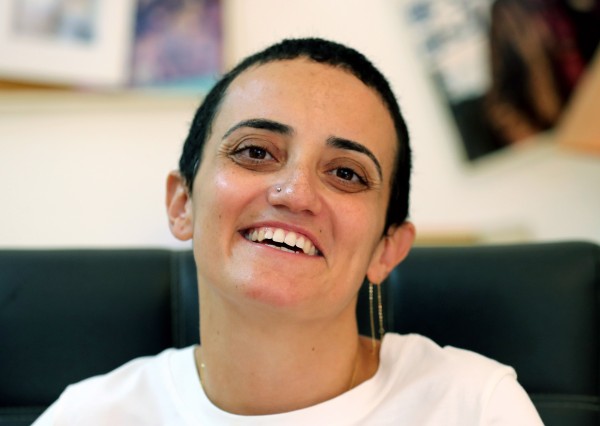The International Press Institute (IPI) strongly condemns the killing of a journalists in Egypt last week and expresses its concern for the safety of journalists covering the anti-government demonstrations there. IPI urges authorities to protect the rights of the media to peacefully cover the protests.
According to international reports, a journalist was killed and seven others injured, including one raped, while covering demonstrations against President Mohamed Morsi over the weekend.
In Port Said, Salah Eddin Hassan, 37, who worked for the Egyptian Shaab Misr newspaper, was killed Friday, June 28, when an unidentified person threw a home-made explosive device into a crowd of protestors, a security official and witnesses said. Hassan, who was covering the protests in Shuhada Square, was killed by the explosion, which also left a dozen other protesters injured.
Hassan’s wife suspected that pro-government security forces were responsible for her husband’s death. In an interview with the Egypt Independent, Hassan’s wife said: “I hold Morsi responsible for the death of my husband. He and his group are responsible for his death. I feel pain when my two sons, Mohamed, 4, and Omar, 3, ask me where their father is.”
“We send our deepest condolences to the family, friends, and colleagues of Salah Eddin Hassan,” IPI Press Freedom Manager Barbara Trionfi said. “It is a shame that Egypt’s first freely elected government has failed to promote press freedom and foster an environment conducive to the safety of journalists, thus falling short of its obligations under national and international law,” Trionfi added.
Millions of Egyptians reportedly took to the streets over the weekend to demand President Morsi’s resignation one year after his election. At least 16 people were killed and more than 780 injured across the country on Sunday, according to news reports. In response to protests, the Egyptian army demanded that Morsi address the demonstrators’ demands or face “intervention” within 48 hours.
On June 30, the Association for Freedom of Thought and Expression, a Cairo-based press freedom NGO, said in a statement that “the last 48 hours witnessed what can be described as the most aggressive as well as most organized attack on the media, affecting all media channels in Egypt, both private and governmental.” The group added: “After Morsi finished his speech to the nation, concluding a year since his election as president of the republic, last Wednesday, violations increased significantly against the media.”
On Saturday, unidentified assailants reportedly threw Molotov cocktails and beat a group of journalists who were preparing to cover the demonstrations in the Suez governorate. The assailants attacked Khalid al-Balshy, a board member of the Egyptian Journalists’ Syndicate, and destroyed his equipment. Three journalists–Mohamed Kamal of Al-Youm Al-Saba’a newspaper, Ragaei al-Attar of the news website Suez News, and Karim Anwar of Al-Badil newspaper–were beaten and hospitalized, according to local reports.
On Sunday, journalists Ahmed Ragab and Ahmed Al Nagar, who work for the Al-Masry Al-Youm newspaper, were reportedly struck by bullets while covering protesters’ attempts to burn the Muslim Brotherhood headquarters in Cairo. Seventy were reported injured as a result of the attack.
On Monday, unidentified assailants assaulted Omar Zoheiry, a photographer for the daily Al-Watan, near Tahrir Square. Reports indicated that Zoheiry was injured in the attack and he was hospitalized as a result of his injuries. Zoheiry’s equipment was also stolen.
Finally, according to international reports, a Dutch television reporter was raped by unidentified men as she covered the protests in Cairo. A hospital also issued a statement Sunday, saying that the woman was hospitalized for two days and was forced to undergo surgery. The Dutch embassy in Cairo said in a statement that a 22-year old Dutch woman was repatriated after being attacked Friday evening in Tahrir Square.


